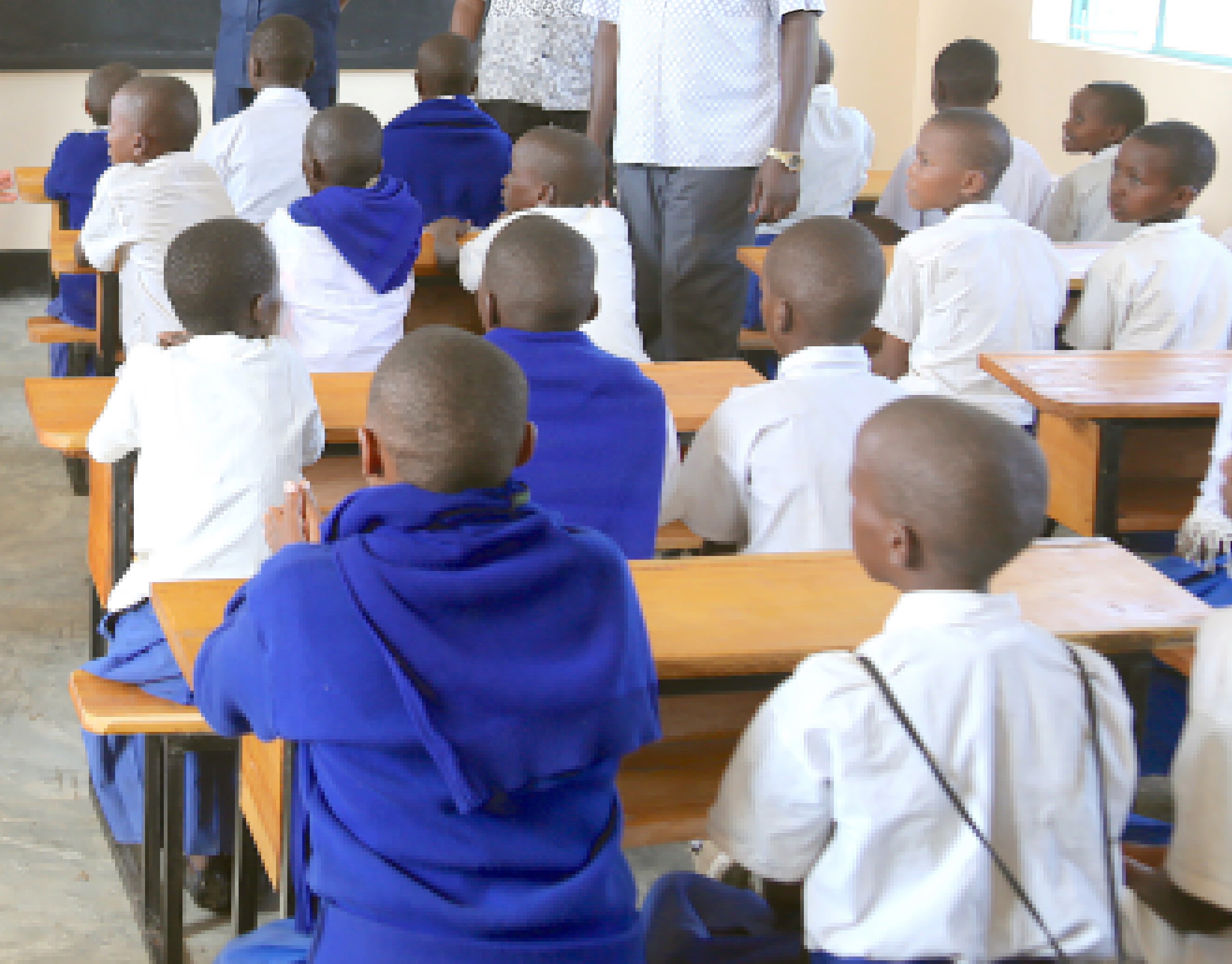Meat, alcohol imports to cost more after EAC tariff increase

Meat and dairy products, and alcoholic beverages, among others, imported to EAC will cost more after a 35 percent tariff increase from July 1, 2022. FILE PHOTO | NMG
What you need to know:
- On Thursday, in a meeting in Mombasa, six EAC partner States reached a consensus that the 35 percent tax will be levied effective July 1, 2022.
- This means Burundi, Kenya, Rwanda, South Sudan, Uganda and Tanzania will slap importers with higher tariffs on the affected goods.
- The levy to be imposed on imported finished products from non-member states is expected to stimulate local production and industrialisation
Imports to the East African Community (EAC) will now attract a maximum tax of 35 percent after all partner states settled on the Common External Tariff (CET) on fourth band products. Goods in this band include dairy and meat products, cereals, cotton and textiles, iron and steel, edible oils and alcoholic beverages.
Others are furniture, leather products, fresh-cut flowers, fruits, nuts, sugar and confectionery, coffee, tea, spices, headgears, ceramic products and paints, among others.
On Thursday, in a meeting in Mombasa chaired by Kenya’s Trade Cabinet Secretary Betty Maina, who is also the chairperson EAC Council of Ministers, six EAC partner States reached a consensus that the 35 percent tax will be levied effective July 1, 2022.
This means Burundi, Kenya, Rwanda, South Sudan, Uganda and Tanzania will slap importers with higher tariffs on the affected goods. The levy to be imposed on imported finished products from non-member states is expected to stimulate local production and industrialisation.
"The move is set to spur intra-regional trade by encouraging local manufacturing, value addition and industrialisation,” said EAC Secretary-General Peter Mathuki.
The new levy is higher than the 30 or 33 percent tariff that was earlier proposed by partner States.
The decision finally resolves the implementation of the EAC Common External Tariff, which commenced in 2005 after the EAC Customs Union Protocol came into force.



